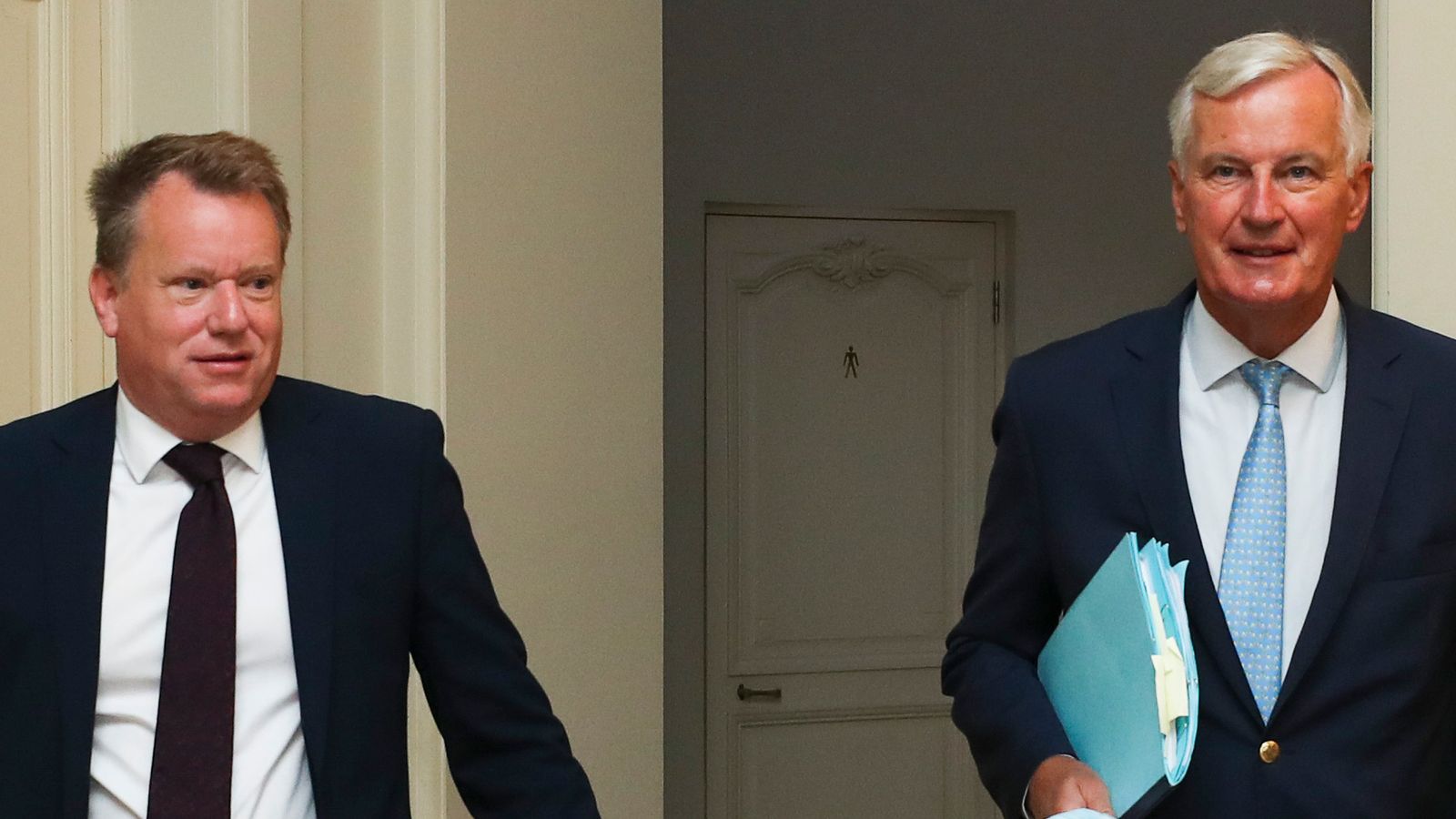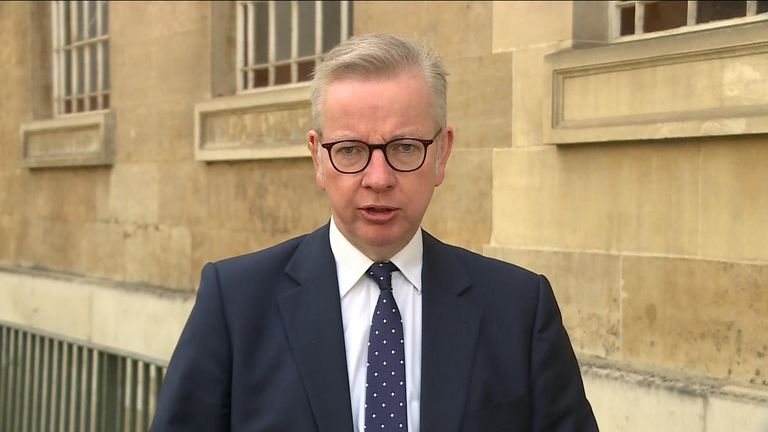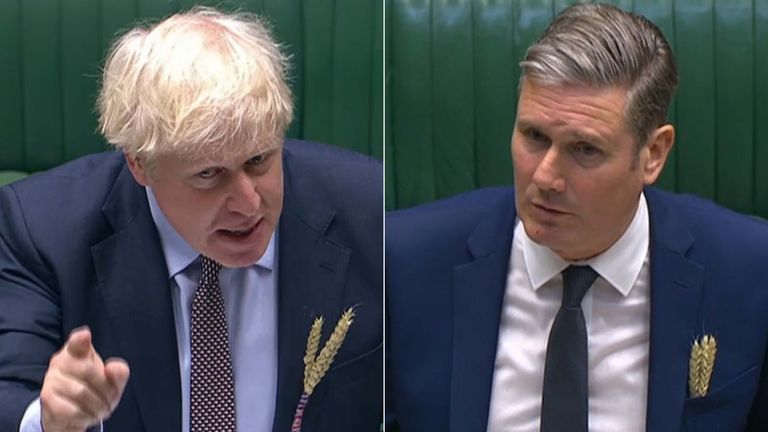Here’s the irony: up until recently, if there was one part of the European Union which most Conservatives said they actually rather liked, it was the state aid regime.
This, after all, was the one bit of the single market that Britain put most store by. Indeed, back in the 1980s when it was being tailored over successive summits, Britain, more than any other country, really wrote it.
And for good reason: the whole point of state aid rules is to prevent other countries from unfairly supporting their national champions.
This makes lots of sense within a single market where people are supposed to be competing on a level playing field.
How can British yoghurt makers or car manufacturers compete with their French and German rivals if those rivals are being supported by the state?
So while British politicians have occasionally moaned about the small print associated with those state aid rules they have, for the most part, seen them as one of the most attractive features of EU membership.
Indeed, all too often, state aid rules provided a useful excuse when businesses came begging for bailouts: “Oh, we’d love to help you but unfortunately those annoying Brussels bureaucrats won’t let us.”
That’s the first ironic thing about the current situation, where Number 10 is holding up the state aid regime as the main reason it is considering leaving the EU without a deal. How can we create national champions, they ask, if we are constrained by these rules?
The second ironic thing is that it’s not altogether clear the rules do prevent you from creating national champions.
After all, even within the EU, Britain spent far more on state aid – providing grants and supports for its companies – than most of its European neighbours. There is nothing in the treaties or case law to prevent it, say, supporting a car battery manufacturer in the future. We know as much because France and Germany already do precisely that.
Some economists presume the row over state aid must therefore be part of a grand negotiating strategy aimed at showing Brussels that this country is indeed serious about leaving without a deal if need be. Yet the documents produced this week suggest the government is indeed serious.
For them, state aid is another area where national sovereignty trumps any deal to be done with Europe. Yet economists argue that the new rules posited by Downing Street will open the door to a less efficient economy, as the government attempts to pick winners, much as it did in the 1970s.
It is possible that this all evaporates in the coming weeks, if Boris Johnson can somehow agree a deal with his European counterparts, but insiders are increasingly pessimistic about this prospect.
It all points towards a bumpy few months for the UK.


